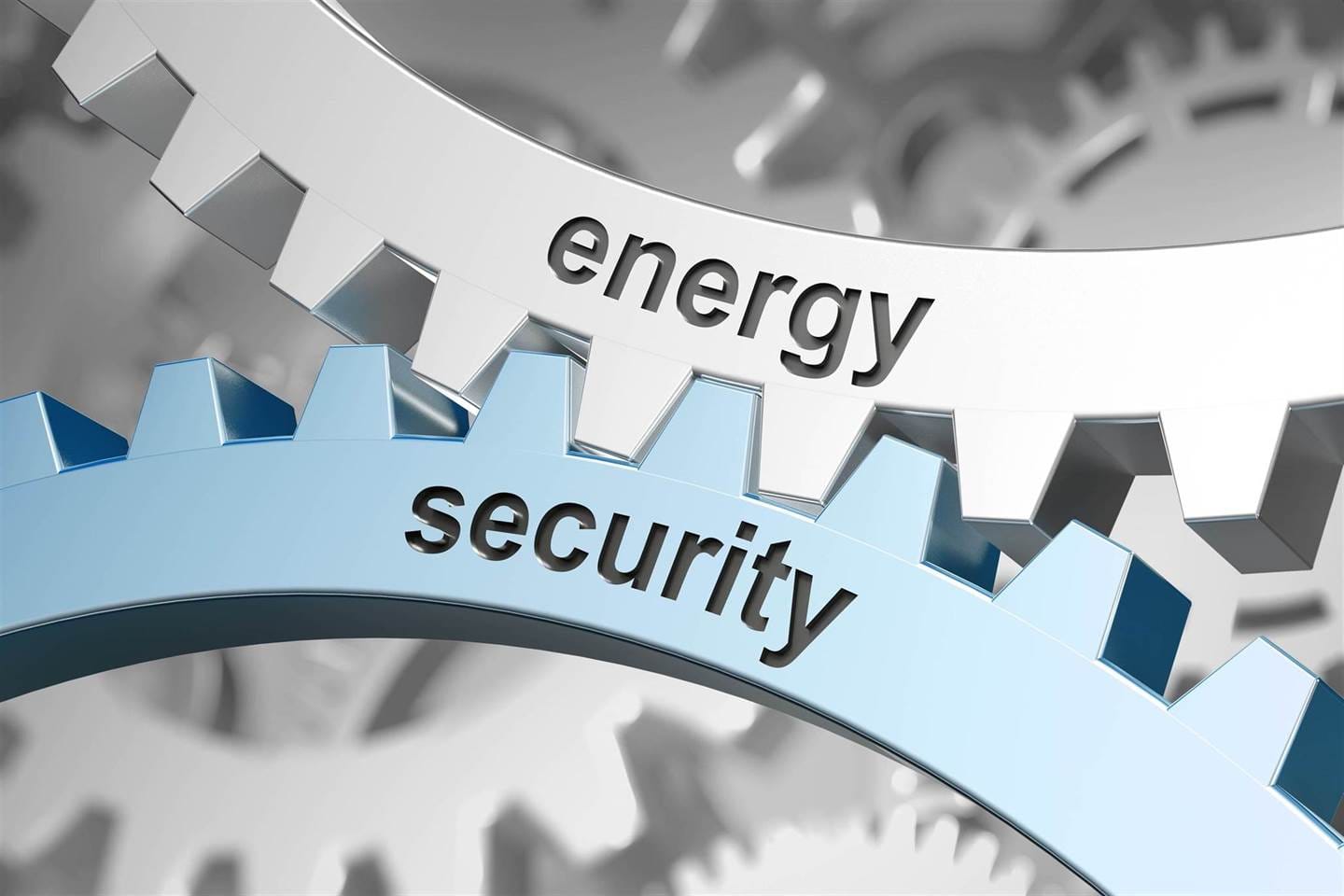

It goes without saying that energy is important, which is a funny phrase to use as a rhetorical flourish, because I’m going to tell you how important it is anyway. You’re reading this on a phone or computer right now, unless you printed it out (if so, thank you, you’re my biggest fan). Obviously, without energy, you wouldn’t be able to do that. Also, the food that keeps you alive? Well, without electricity to keep the lights on at the farm and the sprinklers running, oil to run farming equipment and heat to keep everyone warm, there’s a lot less of that. Want to drive to work? Well, without energy, you’re walking, and, admit it, you probably won’t be able to get any work done.
That means a country absolutely collapses if it doesn’t have enough energy. Energy security are the efforts by a government or other organization to secure access to energy and avoid potentially disastrous consequences. Energy security comes in a bunch of different forms, depending on the kind of energy you’re trying to secure.
There’s the most obvious form of energy security: protecting infrastructure. One way of doing this is to literally put security around key buildings and energy generating facilities. A nuclear plant will have a number of physical security features to keep intruders out, given the danger that a malfunction poses. Canada’s nuclear security includes armoured cars and armed guards available 24/7; it’s not taken lightly. Another way you can maintain security is redundancy; by creating a grid that has multiple connection points, power can be maintained even if one point on the grid is destroyed. Energy can be rerouted throughout the grid so multiple fault points would have to be attacked in order to take it down.
Energy security also means avoiding energy poverty; when no citizen can afford energy, the economy shuts down. Oil prices are thus critical to energy security. Countries can opt to boost their own oil production in order to achieve energy security; this is, of course, only possible if they have access to petroleum reserves. Countries can also try to form alliances with other countries high in oil production; this is useful when you are sympathetic to the country’s actions, but can cause problems if the country you’re importing the most petroleum from engages in actions you consider negative.
Another means of addressing energy poverty is to focus on renewable energies; this is especially useful for countries who do not have large reserves of petroleum, as it reduces their reliance on what might be unstable alliances. Eventually, renewable energy will be essential, as oil and nuclear reserves are depleted.
Decentralization is another potential method of achieving energy security; when all citizens of a country are producing enough energy to meet their own needs, it becomes almost impossible to threaten energy production. A team of qualified electricians can help you by installing renewable electric energy generation for your own home. Energy independence doesn’t just help keep energy secure, it costs less than buying energy in the long run!